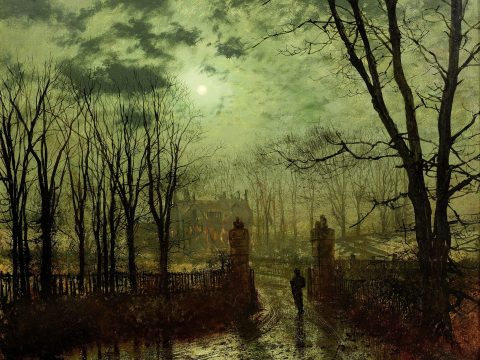
And as he can stir up that guilt that is in us, so also work upon that in judiciousness and erroneous defilement that is in the conscience, to judge of a man’s own estate; this Satan works upon and abuseth. For as he hath a power to work upon the corruption in the rest of the faculties, so also over the defilement and pollution of the conscience; misleading it in its verdict of our estates, as cunning pleaders do a silly jury. The wards of conscience are of themselves loose, and naturally misplaced, but he with his false keys wrings and perverts them much more; it naturally gives an uncertain sound, but he by his false alarms and panic fears cast in doth much more confound the testimony of it. And how easy is it to trouble a soul disquieted already, and to work upon jealousies which are raised! We see how far a cunning man can insinuate with jealous natures, to increase suspicions and surmises. When a humour is stirred, how easily is it wrought on! And thus often when the Spirit hath already read us a sharp lecture, and examined our consciences, then Satan he strikes in, and descants upon it all to deeper terrors and distress.
But the more fall and distinct explication of Satan’s work of accusation of us herein requires a further search and inquiry, and a larger demonstration: how Satan should come, and how far, to know matter by us thus to accuse us of. For if he doth accuse, he must, as is said Acts 28, ‘have aught against us whereof to accuse;’ else it were in vain. And there is this difference between these kinds of temptations wherein we are exercised about the guilt of sin, and those other unto sin: that the object-matter of other temptations is what is without ourselves; but in these, that which is in us and from us, and hath been committed by us, is made matter of objection against, and disquietment unto us. That which is from within the man disquiets the man.
Thomas Goodwin. A Child of Light Walking in Darkness.



